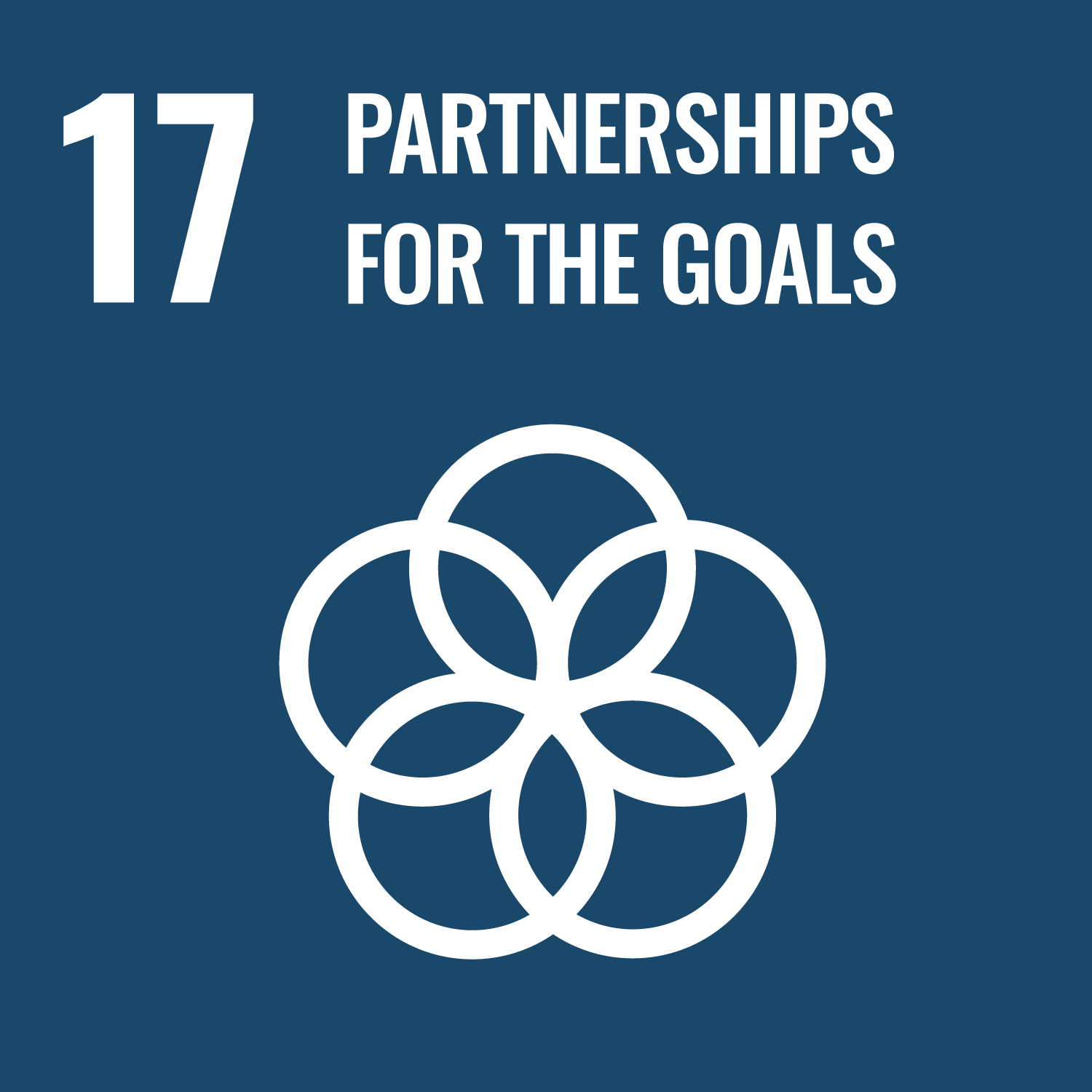Digital Skills Outcomes Fund
Aligned SDGs



- Digital Skills Outcomes Fund
- General overview
- Intervention
- Target population
- Location
- Outcome metrics
- Last data update
- Spreadsheet of data
- Digital Skills Outcomes Fund
- General overview
- Intervention
- Target population
- Location
- Outcome metrics
- Last data update
- Spreadsheet of data
General overview
Stage of development: Final negotiations
Policy sectors: Employment and private sector development / Education
Type of instrument: Outcomes Fund
Delivery locations: South Africa
Country classification: Upper-middle-income
Expected launch date: Q4 - 2022
Max potential outcome payment: ZAR 3.50b
Intervention
Social or environmental challenge
South Africa has a youth unemployed rate of about 70%. One million youth enter the job market each year, two thirds of which do not find their way into employment, education, or training. In the digital sector, as a result of the supply and demand mismatch, it is estimated that over 80,000 vacancies go unfilled.
Description of the intervention
Innovative and efficient and demand driven digital skills apprenticeships to transition poor youth into available vacancies.
Target population
Excluded unemployed individuals that have the right profile for the most in-demand digital entry-level roles. We have mapped the demand requirements for these roles in the South African economy and are looking to stimulate 80,000 new jobs by 2025.
Location
Country:
- South Africa
Locality:
- South Africa
Outcome metrics
- Opportunities secured; Work integrated learning; Conversion into new jobs; Conversation into long-term paid opportunities, including learning opportunities.
Last data update
Data for this pipeline project was last updated in March 2024
You might have noticed that some pipeline projects have more data than others. This is because organisations can share as much data as they want with the INDIGO initiative. If you have more data on one of these pipeline projects and would like to share with us, please get in touch at indigo@bsg.ox.ac.uk. Our full list of variables and data definitions can be found here.
Spreadsheet of data
Important Notice and Disclaimer on INDIGO Data
INDIGO data are shared for research and policy analysis purposes. INDIGO data can be used to support a range of insights, for example, to understand the social outcomes that projects aim to improve, the network of organisations across projects, trends, scales, timelines and summary information. The collaborative system by which we collect, process, and share data is designed to advance data-sharing norms, harmonise data definitions and improve data use. These data are NOT shared for auditing, investment, or legal purposes. Please independently verify any data that you might use in decision making. We provide no guarantees or assurances as to the quality of these data. Data may be inaccurate, incomplete, inconsistent, and/or not current for various reasons: INDIGO is a collaborative and iterative initiative that mostly relies on projects all over the world volunteering to share their data. We have a system for processing information and try to attribute data to named sources, but we do not audit, cross-check, or verify all information provided to us. It takes time and resources to share data, which may not have been included in a project’s budget. Many of the projects are ongoing and timely updates may not be available. Different people may have different interpretations of data items and definitions. Even when data are high quality, interpretation or generalisation to different contexts may not be possible and/or requires additional information and/or expertise. Help us improve our data quality: email us at indigo@bsg.ox.ac.uk if you have data on new projects, changes or performance updates on current projects, clarifications or corrections on our data, and/or confidentiality or sensitivity notices. Please also give input via the INDIGO Data Definitions Improvement Tool and INDIGO Feedback Questionnaire.